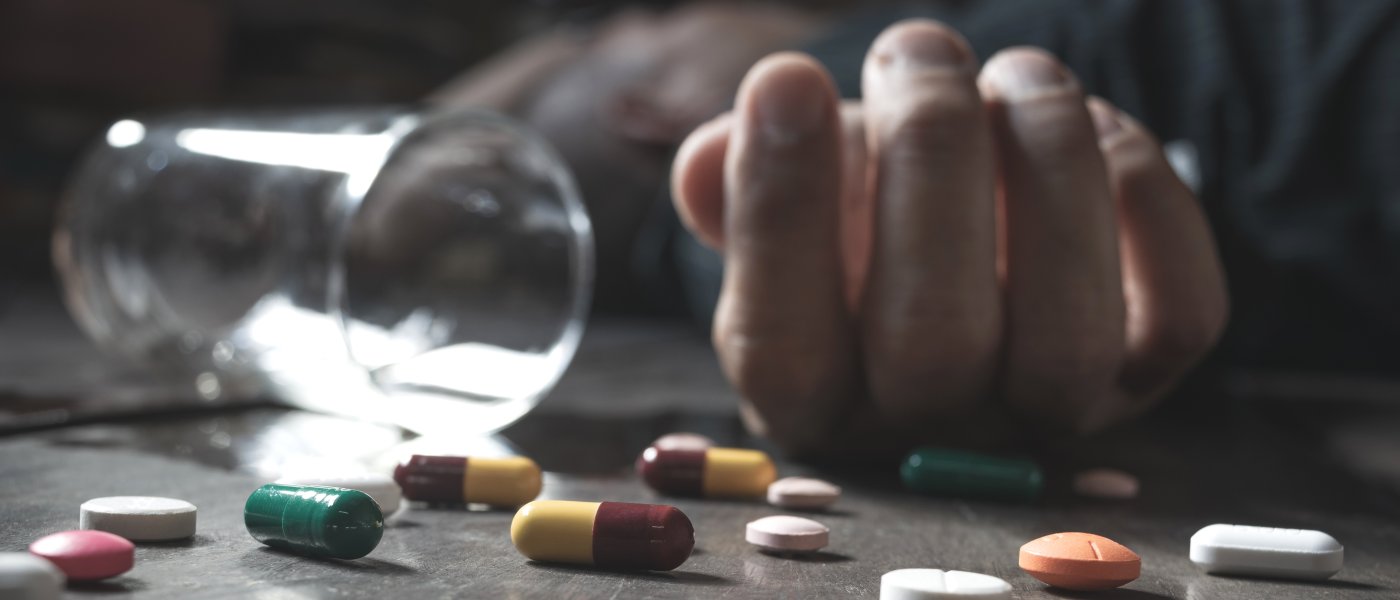According to a study, young people who hadn’t used drugs up until their senior year in high school are more likely to use marijuana once they start college than their peers who don’t go to college.
Here are a few ways you can prevent your young loved one from using any drug before they head off to school and while they are in college.

Be Honest and Direct
Sitting down and having a direct, open and honest conversation about drugs, temptation and addiction before her or she goes to college is one of the best ways to prevent their future use. Though it may be uncomfortable, you may want to discuss your own past drug use or one of your family members’ struggles with use and addiction.

Give Them Praise
Do you have an awesome teen? Good grades, sweet, compassionate, well-rounded, and drug free? Celebrate them! A little bit of positive reinforcement can go a long way. You never know; you may become your teen’s inner voice that gives them the strength to reject drugs when he or she is offered them.

Make Sure They Know the Legal Consequences of Using Drugs
It’s not about scaring them— it’s just about being real. Getting caught with drugs, especially if it’s a significant amount, could land your teen in serious trouble with the law. To do this, you can search for news stories about young people getting caught up with drugs and having to face the consequences and casually bring it up to your teen. For example, “Did you hear about that teen in Virginia? He’s facing seven years behind bars for giving a girl a pill at a party that ending up killing her. That just isn’t worth it.”

Make Sure They Know the Life-long Consequences of Addiction
Being addicted to drugs can ruin a promising young person’s life – and it’s important your child knows that. Just while watching the news with your teen you are probably likely to see a story about how bad the drug addiction crisis is getting in the U.S. Discuss the pitfalls of addiction with them then. In addition, watching documentaries like “Chasing the Dragon” which shows the reality of youth drug addiction, could also serve as a good conversation starter. Once again, it’s not about scaring them – but keeping it real.

Volunteer at a Substance Abuse Treatment Center or a Homeless Shelter
Seeing addiction live and up close could be a life-changing experience for your teen. By volunteering at a local substance abuse treatment center, he or she can also talk to people in recovery and learn from their experience to keep them from potentially going down the road to addiction.

Do Your Homework
Before you talk to your teen about anything, it’s a good idea to do a little bit of studying first. Check out the latest research (Monitoring the Future is a great source) to find out what drugs are popular for people in your child’s age range so you can target your message. You also may want to reach out to substance abuse professionals on your child’s college campus to find out what drugs may be popular at the school.

Make One-On-One Time
Make it a priority to spend one-on-one time with your young loved one. During that quality time, your teen is more likely to open up to you about what’s going on in his or her life, however mundane. You can use this opportunity to understand them better and to form a stronger bond. In the future, when your child is away in college and facing tough decisions, he or she will be more likely to confide in you and put more weight in your advice.

Keep Your Cool
Rolled eyes, heavy sighs, temporary deafness – you may experience all of these reactions from your teen when you try to talk to him or her about the dangers of drug use. Whatever you do, don’t lose your temper. Just try a different approach next time you want to bring up the topic.

Connect with Other Parents
More than likely the parents of your teenager’s friends will have the same concerns you have as they are entering college and leaving home for the first time. You may want to share ideas with them and find out how they are speaking to their teen about drug use.

Give Them the Facts
Lastly, giving your teen the straight facts by themselves could be enough to set him or her on the right path. Most drugs (illicit prescription drugs, synthetic marijuana, heroin, cocaine, etc.) can be deadly – the statistics are out there. In addition, using marijuana has many negative effects on the brain and body.
You may also want to direct them to the DEA’s Teen resource site, JustThinkTwice.com to get the facts on drugs. Get more information on how you can raise your child to be drug free in DEA's publication "Growing Up Drug Free: A Parent's Guide to Prevention."


